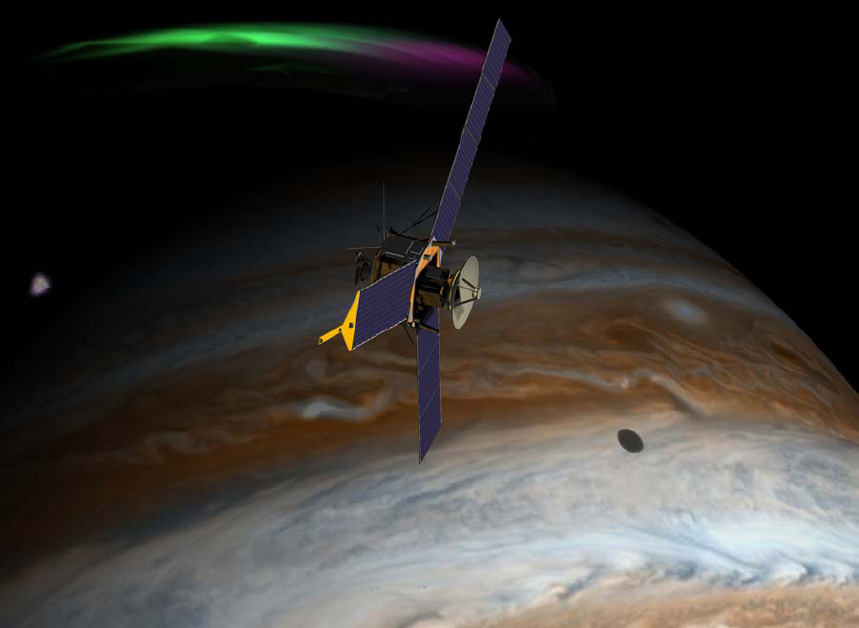Space coverage beyond the shuttle
 Friday, August 5, 2011 in
Friday, August 5, 2011 in  Journalism,
Journalism,  Reporting
Reporting Today, as a correspondent with responsibility for covering America's adventures in space, I'm reporting on NASA's latest exploratory endeavors.
The US space agency today launched a spacecraft from the Kennedy Space Center here in Florida destined for Jupiter. It's unmanned, of course, but it's hoped it'll provide valuable scientific data on how the first planet in our solar system was formed. This, in turn, could be very useful in discovering more about the origins of our own planet.

Here's an audio report I filed a little earlier for Australian Independent Radio News
According to my reporting, many space policy-makers - as well as officials within NASA itself - see this kind of exploration as the key to NASA's future now that the space shuttle has gone. Sure, private companies are working on taking Americans back to the International Space Station within the next few years, and NASA has the long-term goal of manned flight to the Moon, Mars or an astroid. But the real nitty gritty of space exploration and scientific discovery is often done far away from the media glare and the glory of manned programs.
I hope to cover this aspect of the space program more in the future, with a focus on the huge challenges NASA faces, not only in terms of its budget, but also in terms of focus, direction and mission. It's a big-budget agency. Scruitiny of it should not go away just because the shuttle is now history.
 Steve Mort |
Steve Mort |  Post a Comment |
Post a Comment | 